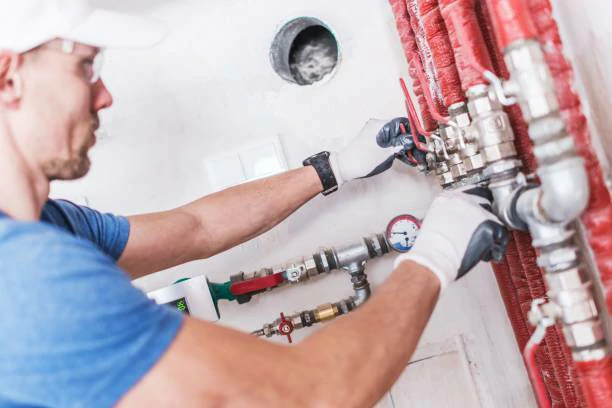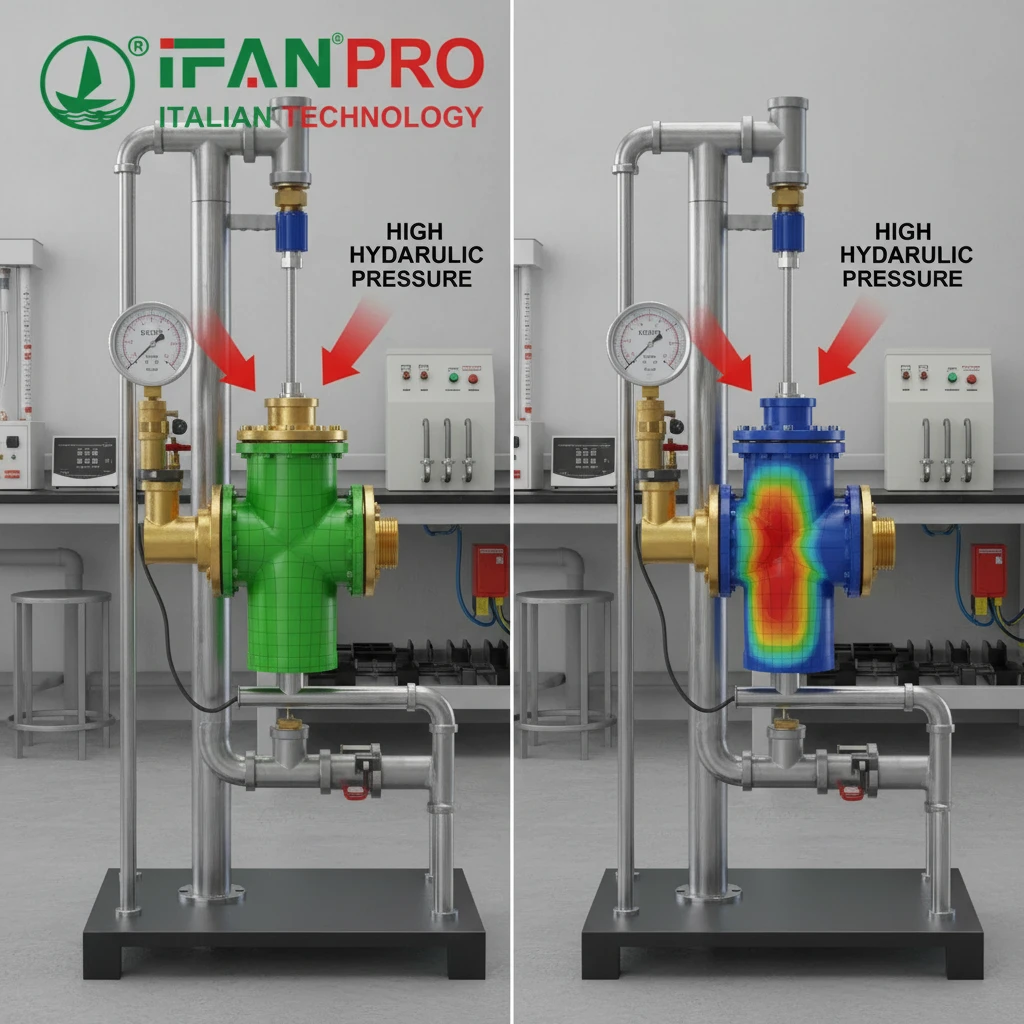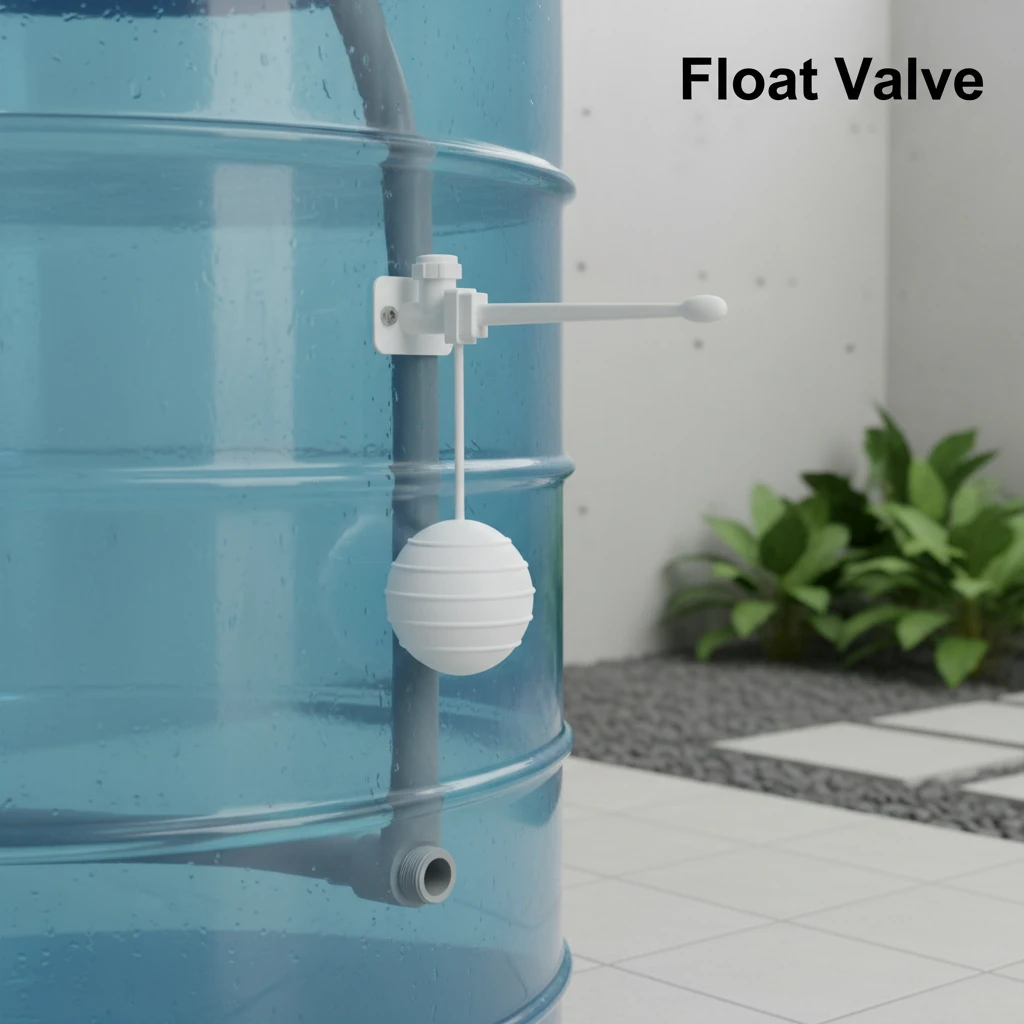Brass ball valves have gained prominence across various industries, thanks to the unique properties of brass, the material from which they are made. Brass, an alloy of copper and zinc, offers a range of characteristics that make it ideal for use in fluid control systems. This article delves into the specific attributes of brass that contribute to the effectiveness and popularity of brass ball valves, examining its mechanical properties, corrosion resistance, thermal conductivity, and other key aspects that influence valve performance.
Mechanical Properties of Brass
Brass provides a balance of strength and ductility, making it a versatile material for manufacturing ball valves. The alloy combines the durability needed to withstand high pressures with the malleability required for precise machining and shaping. This combination allows manufacturers to produce valves that maintain structural integrity under various operating conditions.
In particular, brass exhibits excellent tensile strength, which ensures that brass ball valves can endure the mechanical stresses encountered in demanding applications. The material also displays a degree of hardness that contributes to the longevity of the valve components, resisting wear and tear over time. Furthermore, brass’s malleability allows for the creation of intricate designs, including the spherical shape of the valve ball, which is crucial for ensuring a tight seal and smooth operation.
Corrosion Resistance
Corrosion resistance stands as one of the most significant advantages of using brass in ball valves. Brass naturally resists corrosion due to the protective oxide layer that forms on its surface when exposed to air. This layer acts as a barrier, preventing further oxidation and degradation of the material, even in environments that might corrode other metals.
In applications where the valve comes into contact with water, chemicals, or gases, corrosion resistance becomes crucial. Brass’s ability to withstand such environments without significant corrosion ensures that brass ball valves maintain their functionality over extended periods. This characteristic makes brass ball valves particularly suitable for water distribution systems, HVAC installations, and chemical processing plants, where exposure to corrosive substances is common.
Thermal Conductivity and Expansion
Brass offers high thermal conductivity, which allows it to efficiently dissipate heat generated during the operation of ball valves. In situations where the valve regulates the flow of hot fluids or gases, the ability to conduct heat away from critical components helps maintain valve integrity and performance. This property also reduces the risk of overheating, which could otherwise lead to material fatigue or failure.
Additionally, brass exhibits a relatively low coefficient of thermal expansion. This means that brass ball valves experience minimal dimensional changes when exposed to temperature fluctuations. The stability of brass under varying temperatures ensures consistent performance and prevents issues such as leaks or misalignments that can arise when materials expand or contract excessively.
Ease of Machining and Manufacturing
The machinability of brass contributes to the efficiency of manufacturing brass ball valves. Brass’s workability allows manufacturers to produce valves with tight tolerances and precise dimensions. This precision is essential for the reliable operation of ball valves, as any deviation in the shape or size of components can compromise the valve’s ability to seal or control fluid flow.
Moreover, brass’s ability to undergo various manufacturing processes, including casting, forging, and extrusion, provides flexibility in valve design and production. Manufacturers can create brass ball valves in a wide range of sizes and configurations to meet the specific requirements of different applications. This versatility in production, coupled with brass’s inherent properties, ensures that brass ball valves remain a cost-effective solution for many industries.
Resistance to Wear and Tear
Brass’s resistance to wear and tear further enhances the durability of brass ball valves. The material can endure repeated cycles of operation without significant degradation, maintaining its structural integrity over time. In ball valves, the repetitive motion of opening and closing can cause wear on the valve ball and seats. Brass, with its hard yet malleable nature, resists such wear, ensuring the valve continues to operate smoothly and reliably.
The self-lubricating properties of brass, due to its low friction coefficient, also reduce the wear on moving parts within the valve. This characteristic minimizes the need for frequent maintenance and prolongs the service life of the valve, making it a preferred choice in applications where reliability and low maintenance are critical.
Compatibility with Various Fluids
Brass exhibits excellent compatibility with a wide range of fluids, including water, oils, gases, and mild chemicals. This compatibility arises from brass’s resistance to chemical reactions that could otherwise compromise valve integrity. In applications such as water treatment, plumbing, and gas distribution, brass ball valves effectively handle diverse fluids without reacting or degrading.
This broad compatibility ensures that brass ball valves can serve in numerous industries without the risk of chemical interactions that might occur with other materials. For instance, in potable water systems, brass does not leach harmful substances, making it a safe and reliable choice for valves used in drinking water applications.
Environmental and Health Considerations
Brass also aligns with environmental and health considerations, particularly when manufacturers use lead-free formulations. The shift towards lead-free brass has gained momentum due to regulatory requirements and increasing awareness of health and safety. Lead-free brass offers the same beneficial properties as traditional brass, while eliminating the risks associated with lead exposure.
In applications such as food and beverage processing, or residential plumbing, the use of lead-free brass in ball valves ensures compliance with health regulations and promotes safer water consumption. The material’s recyclability further enhances its environmental appeal, as brass can be melted down and reused without losing its properties.
The best brass ball valve manufacturer
| Brand | Founded Year | Company Address |
| Ifan | 1993 | Zhuji, Zhejiang |
| Nibco | 1904 | Elkhart, Indiana, USA |
| Mueller Industries | 1917 | Collierville, Tennessee, USA |
| KitZ | 1951 | Tokyo, Japan |
| Zurn Industries | 1900 | Milwaukee, Wisconsin, USA |
| Bonomi | 1901 | Brescia, Italy |
| Valvulas Arco | 1973 | Valencia, Spain |
| Conex Bänninger | 1909 | King’s Lynn, Norfolk, UK |
IFAN standard
IFAN is a brand that offers products that meet a wide range of international standards, ensuring the quality and reliability of every product. Including :ISO15875, GB-T 18992, DIN 16892, ASTM F877, ASTM F2788, BS 7291, BS EN ISO15875, CSA B137. IFAN is committed to providing high quality products and excellent service!
Conclusión
The characteristics of brass make it an ideal material for manufacturing ball valves, offering a combination of strength, corrosion resistance, thermal stability, and ease of machining. These attributes ensure that brass ball valves deliver reliable performance across a wide range of applications, from residential plumbing to industrial automation. The durability and versatility of brass contribute to the widespread adoption of brass ball valves, meeting the demands of industries that require precise and dependable fluid control solutions. As advancements in materials science and manufacturing continue, brass will likely remain a cornerstone in the production of high-quality ball valves, ensuring their continued relevance and effectiveness in the global market.
Conectar
IFAN es un fabricante chino de tuberías, accesorios y válvulas de plástico con 30 años de experiencia. Si está interesado en IFAN accesorios de cobre, válvulas de cobre, tuberías y accesorios de plástico, póngase en contacto con nosotros. IFAN le ofrece una variedad de tuberías estándar para satisfacer sus necesidades específicas. Haga clic a continuación para obtener más información sobre la amplia gama de productos de válvulas y productos relacionados con sistemas de tuberías asequibles y rentables de IFAN.
Responderemos a su correo electrónico o fax en 24 horas.
Puede llamarnos en cualquier momento si tiene alguna duda sobre nuestra producción.
Para más información, visite nuestra página web https://ifanpro.com/
Pls Mailto: [email protected]
Whatsapp: + 86 19857948982














Comentarios recientes